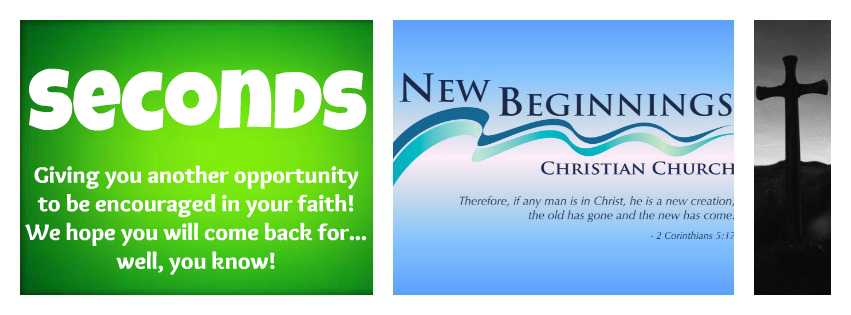QUESTION:
In Matthew 27:24-25 it sounds like the people ask for a “generational curse” to be put on them so they could kill Jesus… is that true?
ANSWER:
In verse 24, Pilate is trying to rid himself of guilt over the death of Jesus. He has declared Jesus innocent, but will still condemn Him to death. He mentions “innocent of this man’s blood.”
The crowd has in mind Leviticus 20:9-16 which uses the phrase “blood on their own heads” to indicate responsibility.
The people are willing to accept the responsibility for Jesus’ death and even extend that responsibility to their children… in the legal sense.
All of the language and actions going on in Matthew 27 are legal in nature. The trials, passing Jesus between governors and kings, and other leaders. The Jews were stuck because of Roman law and could not put Jesus to death themselves.
They state that if Rome decides to retaliate because they have done something illegal, they are willing to suffer.
RT FRANCE, TYNDALE NT COMMENTARY, pg 392: “Jesus has been ‘convicted’ under Jewish law, and they will therefore be answerable for his death to Rome or to anyone else. To read this Declaration as an eternal ‘curse’ on the Jewish race is therefore to press the language beyond its biblical context… Matthew perhaps had particularly in mind the fate of the Jews of ‘this Generation’ in the Jewish War of AD 66-70, a fate already foreshadowed in 23:35-39 as a result of the rejection of God’s final messenger.”
IVP BACKGROUND COMMENTARY, pg 126: “Matthew probably relates this cry of the crowd to the Pharisaic opponents of his community and to the judgment of AD 66-70 that crushed the Next generation; but he would hardly would have approved of the anti-Semitic use to which this verse was subsequently put.”
THE WORD BIBLICAL COMMENTARY, MATTHEW 14-28, pg 827: “It is certainly the Jews of that generation – and indeed, only some of them – who were responsible for the death of Jesus, not the Jews of later centuries. And that generation could from Matthew’s perspective easily have been regarded as suffering God’s judgment in the fall of Jerusalem when it occurred.”
In my opinion, there is no such thing as generational curses… especially for believers. Not from God anyway. Such things are not a Christian belief that I have ever known about. I would, however, think that the more charismatic flavors of Christianity might believe in such things. Almost all of the articles on the internet that deal with “generational curses” come from denominations that have a charismatic background. There may in fact be consequences for sins that are passed from one generation to another, but this is not from God, but a side-effect of our sinful world and our sin nature. This is not from God.
.jpg) There is a trend in the church today to try to blame every sin and problem on some sort of generational curse. This is not biblical. God’s warning to visit iniquity on future generations is part of the Old Testament Law. A generational curse was a consequence for a specific nation ( Israel ) for a specific sin (idolatry). The history books of the Old Testament (especially Judges) contain the record of this divine punishment meted out.
There is a trend in the church today to try to blame every sin and problem on some sort of generational curse. This is not biblical. God’s warning to visit iniquity on future generations is part of the Old Testament Law. A generational curse was a consequence for a specific nation ( Israel ) for a specific sin (idolatry). The history books of the Old Testament (especially Judges) contain the record of this divine punishment meted out.The cure for a generational curse has always been repentance. When Israel turned from idols to serve the living God, the “curse” was broken and God saved them (Judges 3:9, 15; 1 Samuel 12:10-11). Yes, God promised to visit Israel ’s sin upon the third and fourth generations, but in the very next verse He promised that He would show “love to a thousand [generations] of those who love me and keep my commandments” (Exodus 20:6). In other words, God’s grace lasts a thousand times longer than His wrath.
For the Christian who is worried about a generational curse, the answer is salvation through Jesus Christ. A Christian is a new creation (2 Corinthians 5:17). How can a child of God still be under God’s curse (Romans 8:1)? The cure for a “generational curse” is repentance of the sin in question, faith in Christ, and a life consecrated to the Lord (Romans 12:1-2).
Another article about this:
Troy Borst
Christian Education Minister
If you have a question about Scripture, please email me at troy.borst@newbeginningscctampa.org
If you have a question about Scripture, please email me at troy.borst@newbeginningscctampa.org



.jpg)





